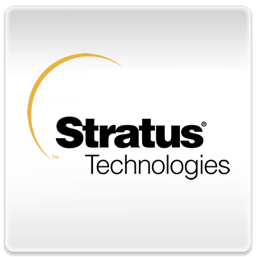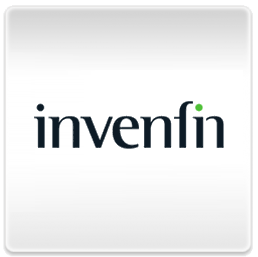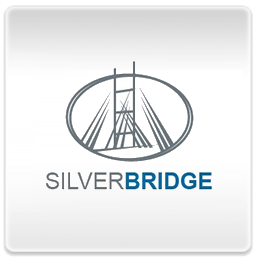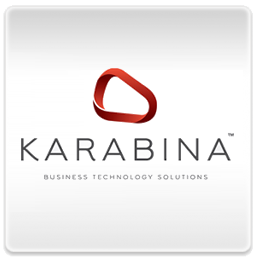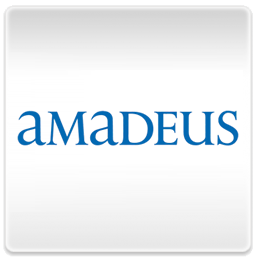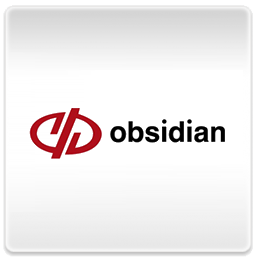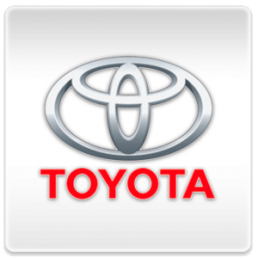SOPA and what it means to you
Submitted by Zahira Kharsany on Thu, 2012-01-19 14:36

If you haven’t heard of SOPA by now, where have you been? SOPA, or the Stop Online Piracy Act, is a proposed bill that aims to crack down on copyright infringement by restricting access to sites that host or facilitate the trading of pirated content.
SOPA’s main target are international sites, such as torrent sites like The Pirate Bay, which are the go-to places for illegal downloads. Pirate Bay, among others, hosts their servers in Sweden and other European countries, which makes it difficult for US-based companies to take action against them.
Though content creators such as the music and film industry have battled piracy for years, with the infamous Napster sparking the great internet piracy debate, US companies could never take action against internationally hosted sites.
SOPA will call for US-based sites like search engines, advertising networks, and other providers to withhold services from these flagged sites, i.e. Google would not be allowed to list flagged sites in their search results, and Paypal would not be able to transmit funds to these sites.
The current piracy bill being enforced is the 1998 Digital Millennium Copyright Act. We see the results of this bill clearly on YouTube; users upload a copyrighted song, and under this law, the song’s copyright holders can send YouTube a “takedown notice”. YouTube is protected against liability as long as they remove the content within a reasonable timeframe. Immediately thereafter, YouTube notifies the user who has uploaded the content and the user has the option to appeal the decision. If the two sides keep disagreeing, the matter is taken to a US court and settled according to US law.
The problem with the current act is that it is not effective because it cannot be applied to international domains. SOPA includes a provision for this by forcing US companies to refrain from servicing flagged sites. It will also make it harder for US internet users and international users using US search engines to find and access these sites.
Above and beyond the information blackout that SOPA outlines, it makes all websites (yes, even US based sites) liable for the content that their users upload. Due to the bill’s broad language, many tech companies, especially Wikipedia, Google and Reddit, are up in arms against it. Sites like YouTube are worried that they will be forced to more closely police their content to avoid having a run in with the law.
Those opposing the bill say that it effectively promotes censorship and is rife with the potential for unintended consequences
YouTube would just go dark immediately, Google public policy director Bob Boorstin said at a . "It couldn't function."
The bill calls for every payment or advertising network operator, ISPs, search engines, web hosts and users to take responsibility for infringing behaviour and to set up a process in which outside parties can notify the company that one of its customers is an “Internet site is dedicated to the theft of US property”. Once the network is notified, it is required to cut off services to the site within five days. Filing false notifications would be a crime, but increases the burden of proof and the legal costs of the accused.
The cruel truth is that placing copyright infringements will not aid in the fight against piracy. Pirates will always know where to go, but above and beyond online piracy, in certain eastern countries copyright infringements are not exclusively online, but also through actual DVD/CD sales. An art that has been perfected over the years to the extent where one cannot identify the fake from the original anymore.
What does this mean for South Africans?
We’re all quite adept at utilising Google to get the information we need, or Wikipedia for that matter. Censoring these sites will result in us being limited to websites that the United States deems appropriate.
International pressure would surely mean that the South African government would follow suit, probably by amending the current Protection of Information Act to clamp down on international websites, including Facebook and Twitter. With the broad definition of copyright infringing material, your own personal blog or website could be shut down if you had the audacity to quote from a film, post lyrics or have the semblance of an actor or actress in your archives.
In an effort to be pragmatic and not political, we are forced to ask what will happen to the jobs that social networks and the new web has managed to create and sustain in the past few years? Forget about being employed, how can we be considered free if our knowledge is being controlled by the radical few?
- Login to post comments









